- 24. Seminar (2026):
- Larissa Richter, Carl von Ossietzky Universität Oldenburg – Equilibrium particle positions in pulsating pipe flow
- Patrick Keuchel, Center of Applied Space Technology and Microgravity (ZARM) – Optimum nonlinear instability threshold in pulsating turbulent pipe flow
- Ziyin Lu, Institute of Science and Technology Austria (ISTA) – Elastointertial to inertial transition in turbulent pipe flow
- Date: February 23, 2026
- Time: 14:00–16:00
- 23. Seminar (2025):
- Berin Becic, Universität Bayreuth – Stress governed orientation in endothelial cells
- Sarath Suresh, BOKU University Vienna – Transition to turbulence in Non-Newtonian pulsatile flow
- Date: December 1, 2025
- Time: 14:00–16:00
- 22. Seminar (2025):
- Felix Maurer, Saarland University – Bandpatterns in density gradient solutions of red blood cells
- Yazdan Rashidi, Saarland University and Othmane Aouane, FZ Jülich, Erlangen – Lingering of rings at bifurcations
- Date: October 15, 2025
- Time: 14:00–16:00
- 21. Seminar (2025):
- PI Meeting: Outline for a possible 3rd funding period
- Date: July 1, 2025
- Time: 14:00–16:00
- 20. Seminar (2025):
- Presentations of the PIs: Report on the 2nd funding period and outlook
- Projects: B1, B2, B3
- Date: June 3, 2025
- Time: 14:00–16:00
- 19. Seminar (2025):
- Presentations of the PIs: Report on the 2nd funding period and outlook
- Projects: A4, A5
- Date: April 8, 2025
- Time: 14:00–16:00
- 18. Seminar (2025):
- Presentations of the PIs: Report on the 2nd funding period and outlook
- Projects: A1, A2, A3
- Date: February 18, 2025
- Time: 14:00–16:00
- 17. Seminar:
- Dr. Franca Schmid, Junior Group Leader at Universität Bern, Switzerland
- Date: November 27, 2024
- Time: 15:00 - 16:30
- 16. Event
- International workshop on Instabilities, Bifurcations and Migration in Pulsatile Flows
- Date: September 23-25, 2024
- Place: Oldenburg, Germany
-
More information
- 15. Seminar:
- Dr. Othmane Aouane from Forschungszentrum Jülich
- Date: May 15, 2024
- Time: 14:30 - 16:00
- 14. Seminar:
- Larissa Richter from Carl von Ossietzky Universität Oldenburg, and
- Dr. Brandon Hilliard from ETH Zürich
- Date: March 13, 2024
- Time: 14:30 - 16:00
- 13. Seminar:
- Yazdan Rashidi from Saarland University, and
- Berin Becic from University of Bayreuth
- Date: January 11, 2024
- Time: 14:30 - 16:00
- 12. Seminar:
- Shoaib Kamil from Institute of Science and Technology Austria, and
- Patrick Keuchel from University of Bremen
- Date: November 8, 2023
- Time: 14:00 - 15:00
- 11. Seminar:
- Steffen Recktenwald from Saarland University, and
- Katharina Gräßel from University of Bayreuth
- "Cell-free layer dynamics of red blood cells in a constricted microchannel under time-dependent flow conditions - experiments and simulations"
- Date: December 6, 2022
- Time: 14:00 - 15:00
- 10. Seminar:
- Prof. Dr. Christian Wagner from Saarland University, and
- Prof. Dr. Björn Hof from Institute of Science and Technology Austria
- Focus session on elastic flow instabilities
- Date: November 23, 2021
- Time: 14:00 - 15:00
- 9. Seminar:
- Greta Simionato from Saarland University, “Red blood cells in vivo: The best movie trailers of 2021”
- Katharina Gräßel from University of Bayreuth, “Single red blood cell dynamics in time-dependent flow through microchannels”
- Date: July 20, 2021
- Time: 14:00 - 15:00
- 8. Seminar:
- Prof. Abdul Barakat from Ecole Polytechnique, France, “Engineering dumb and smart blood vessels”
- Date: June 1, 2021
- Time: 14:00 - 15:00
- 7. Seminar:
- Greta Simionato and Yazdan Rashidi from Saarland University, “In vivo influence of lingering on the partitioning of RBCs in the microcirculation”
- Date: April 20, 2021
- Time: 14:00 - 15:00
- 6. Seminar:
- Daniel Morón from University of Bremen, “Stability and Transition in pulsatile flows with physiological waveform”
- Othmane Aouane from Helmholtz Institute Erlangen-Nürnberg, “Inertial migration and particles ordering in cylindrical channels”
- Date: March 17, 2021
- Time: 14:00 - 15:00
- 5. Seminar:
- Bastian Bäuerlein from University of Bremen, “Pipe flow experiment to study the influence of pulsation on the particle dynamics”
- Steffen Recktenwald from Saarland University, “Tracking of red blood cells in a comoving frame during time-dependent microfluidic flows”
- Date: February 3, 2021
- Time: 14:00 - 15:00
- 4. Seminar:
- Katharina Gräßel from University of Bayreuth, “Shapes of red blood cells in pulsating flow”
- Till Zeugin from ETH Zurich, “In vitro analysis of the aortic blood flow after a 3D-printed aortic valve - preliminary results”
- Date: October 30, 2020
- Time: 10:00 - 11:00
- 3. Seminar:
- Greta Simionato and Alexis Darras from Saarland University, “Characterization of blood flow in vivo: The hamster as an animal model”
- Marc Avila from University of Bremen, “Resonances in pulsatile channel flow with elastic walls”
- Date: September 8, 2020
- Time: 11:00 - 12:00
- 2. Seminar:
- Othmane Aouane from Helmholtz Institute Erlangen-Nürnberg, “Migration of spherical particles in steady and pulsatile parabolic flows”
- Steffen Recktenwald from Saarland University, “Optimizing pressure driven pulsatile flows in microfluidic devices”
- Date: July 14, 2020
- Time: 11:00 - 12:00
- 1. Seminar:
- Michael Riedl from Institute of Science and Technology Austria, “Chaotic interactions on and inside an endothelial monolayer”
- Daniel Morón from University of Bremen, “Transition to turbulence in pulsatile flows with physiological waveform”
- Date: June 3, 2020
- Time: 14:00 - 15:00
|


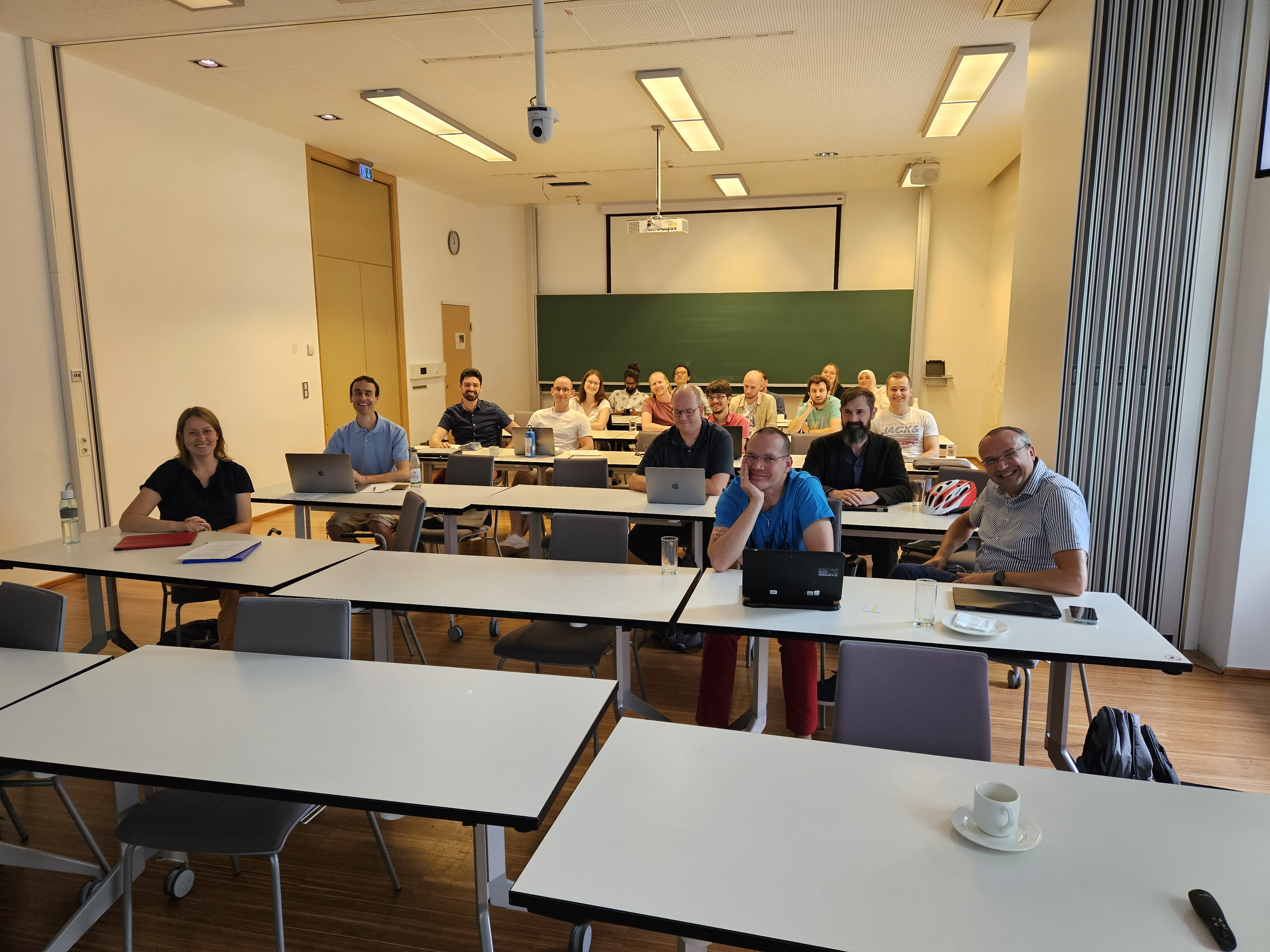
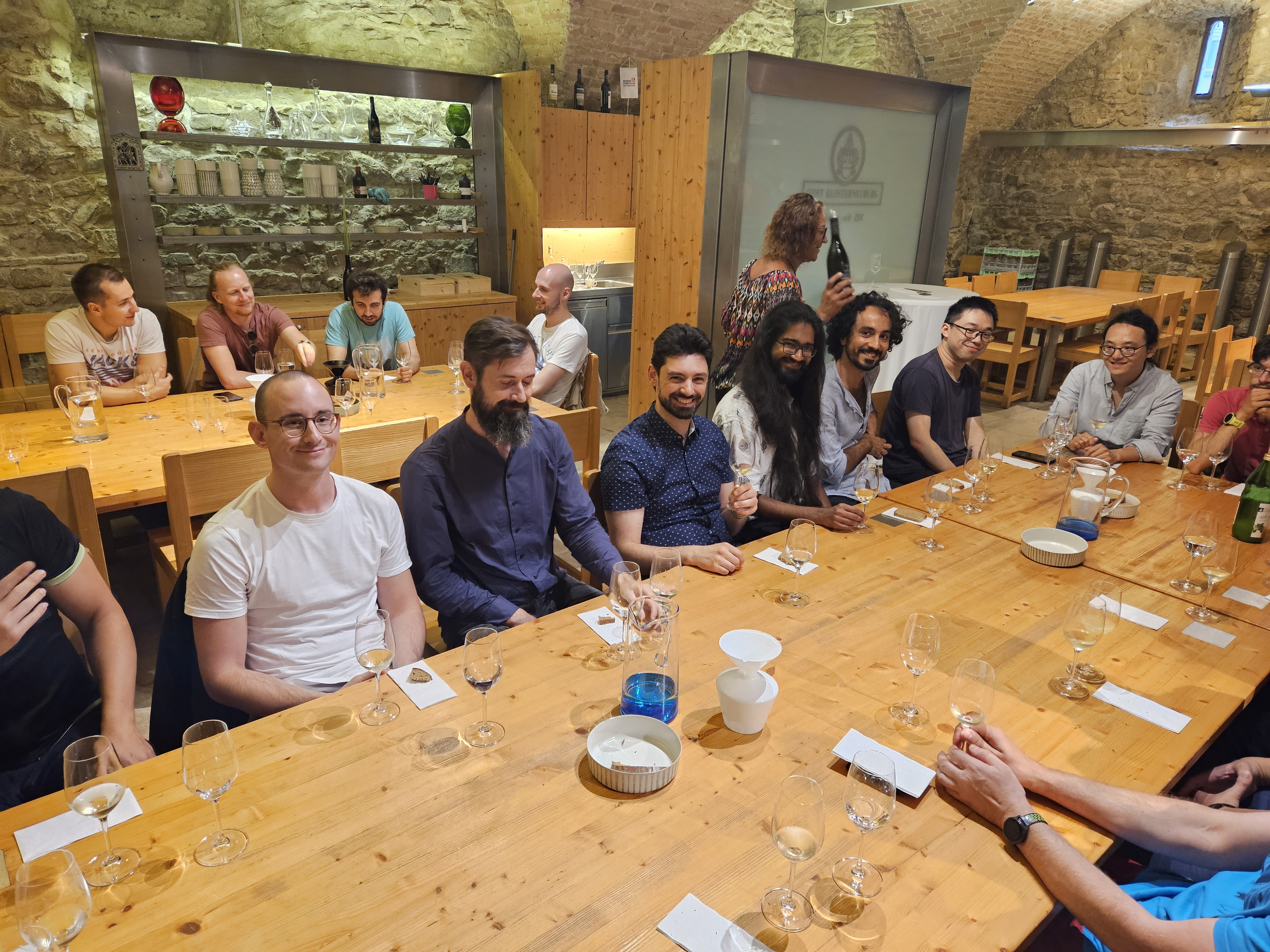
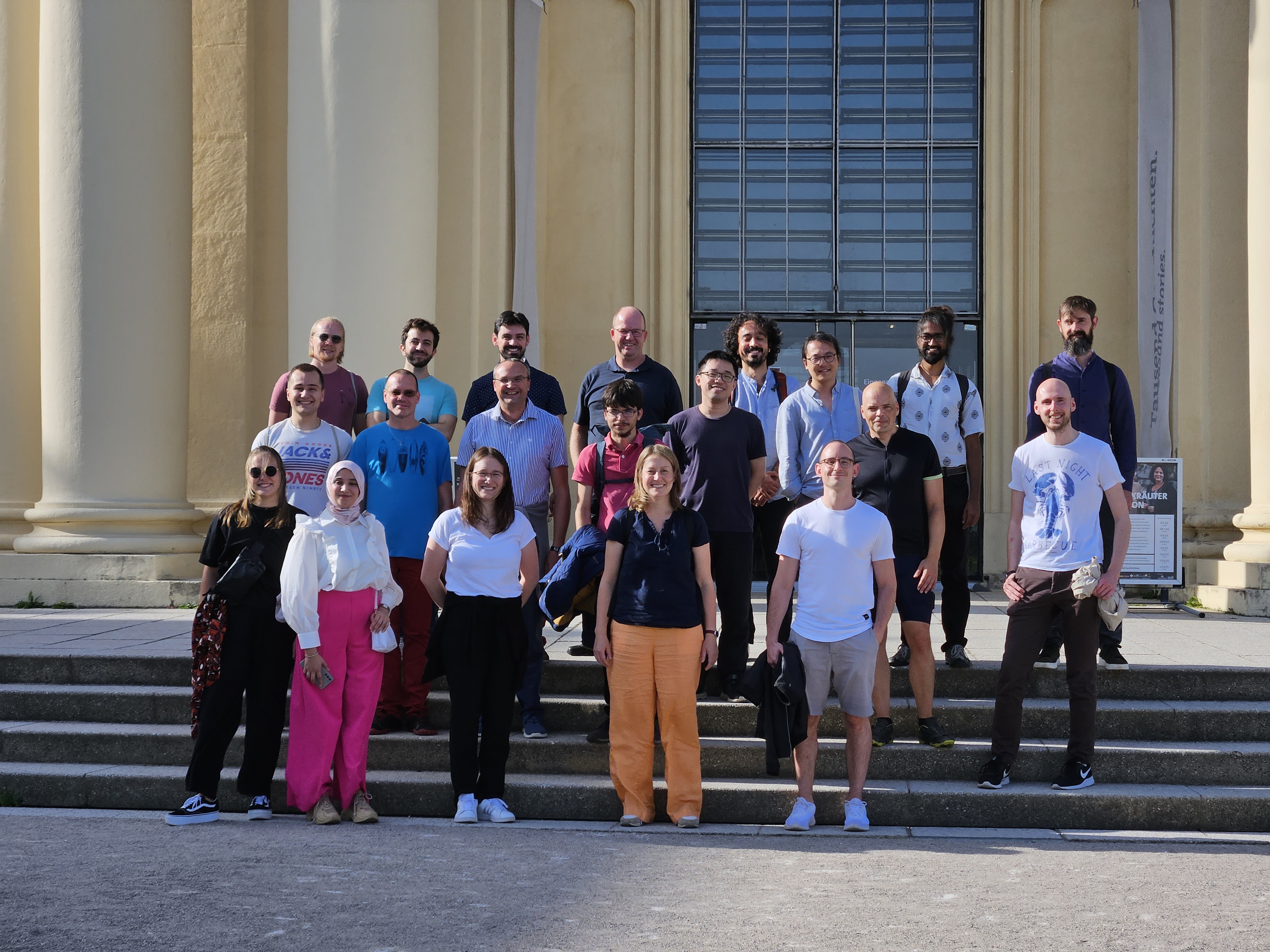
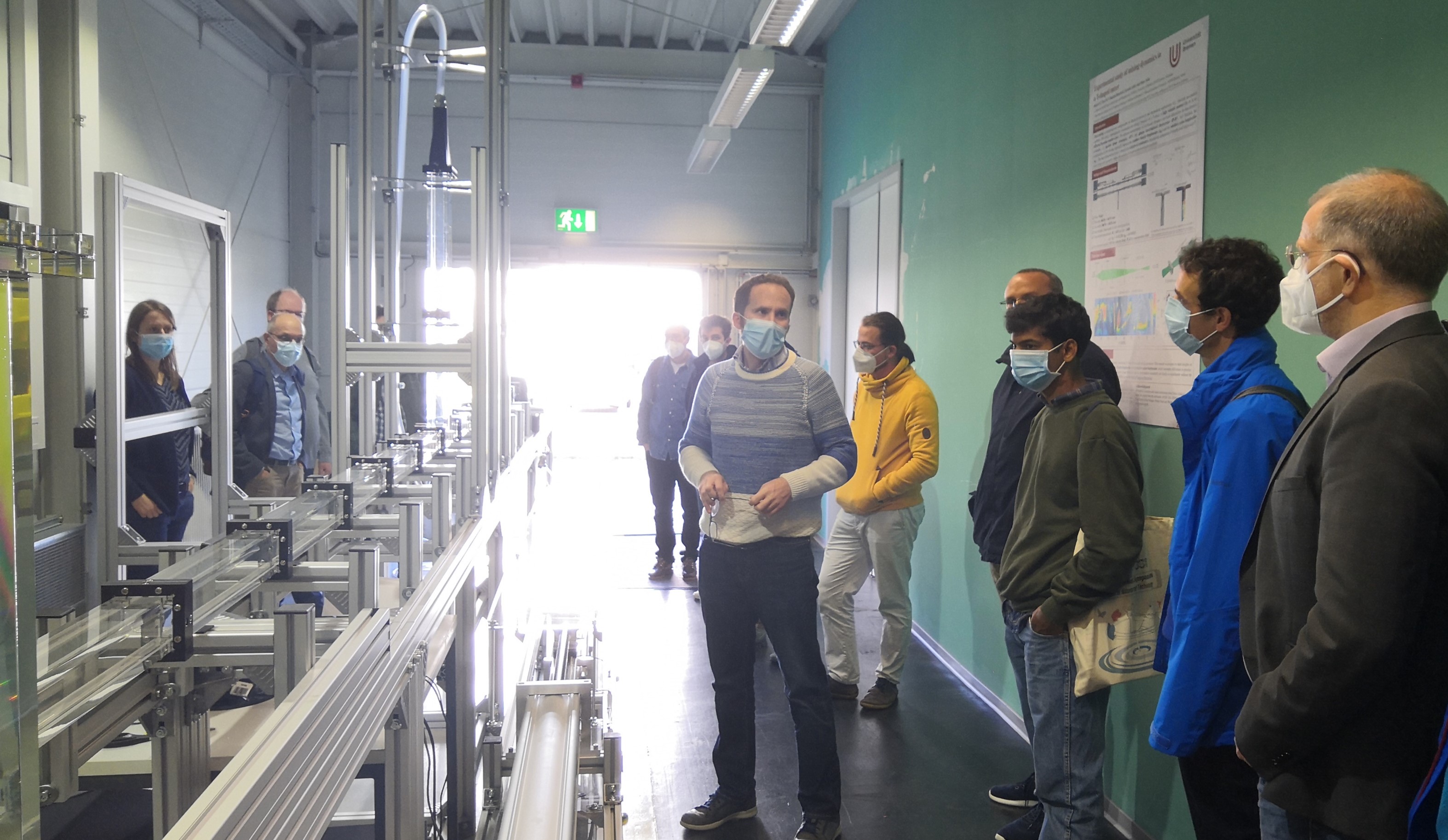
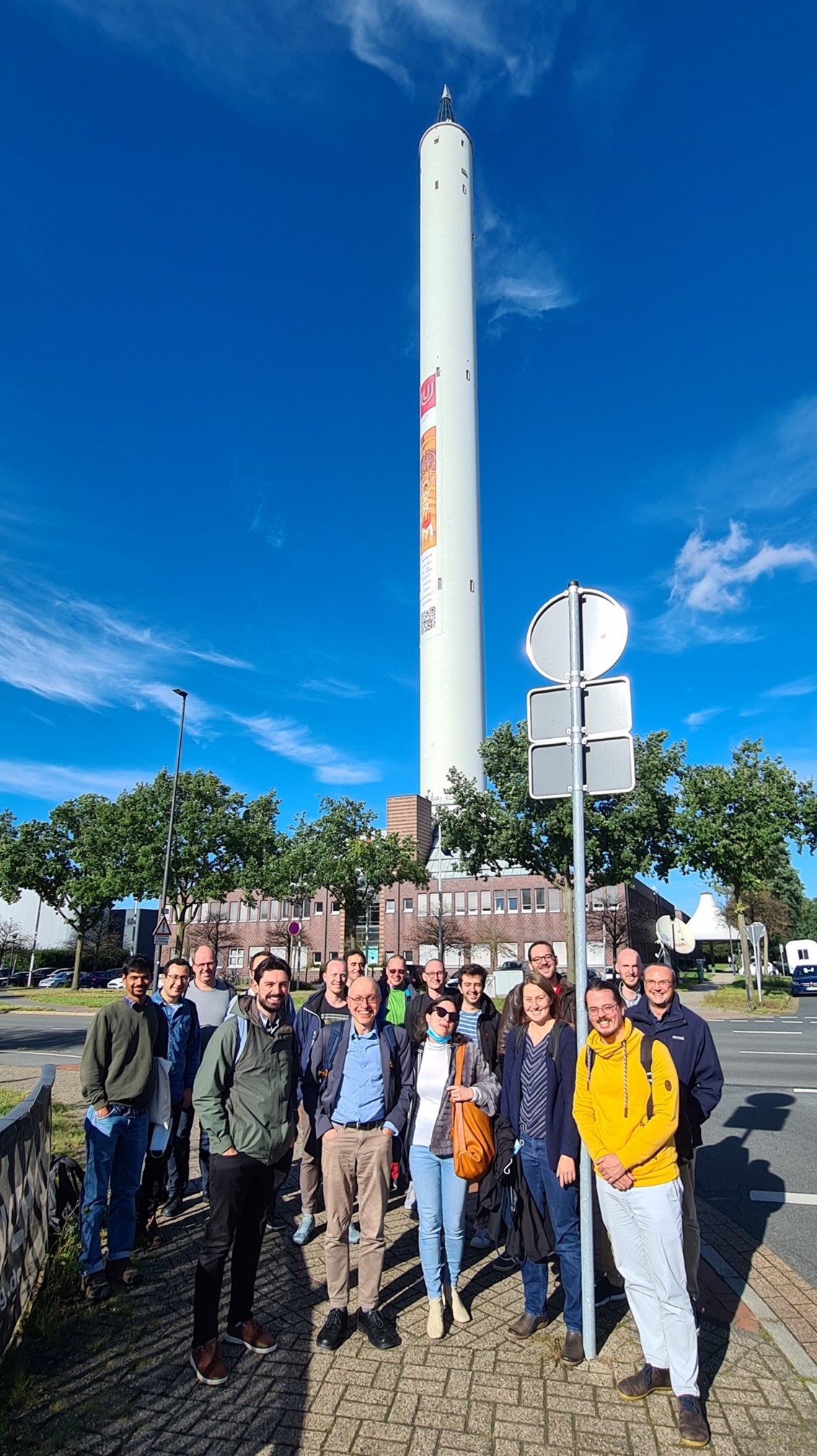

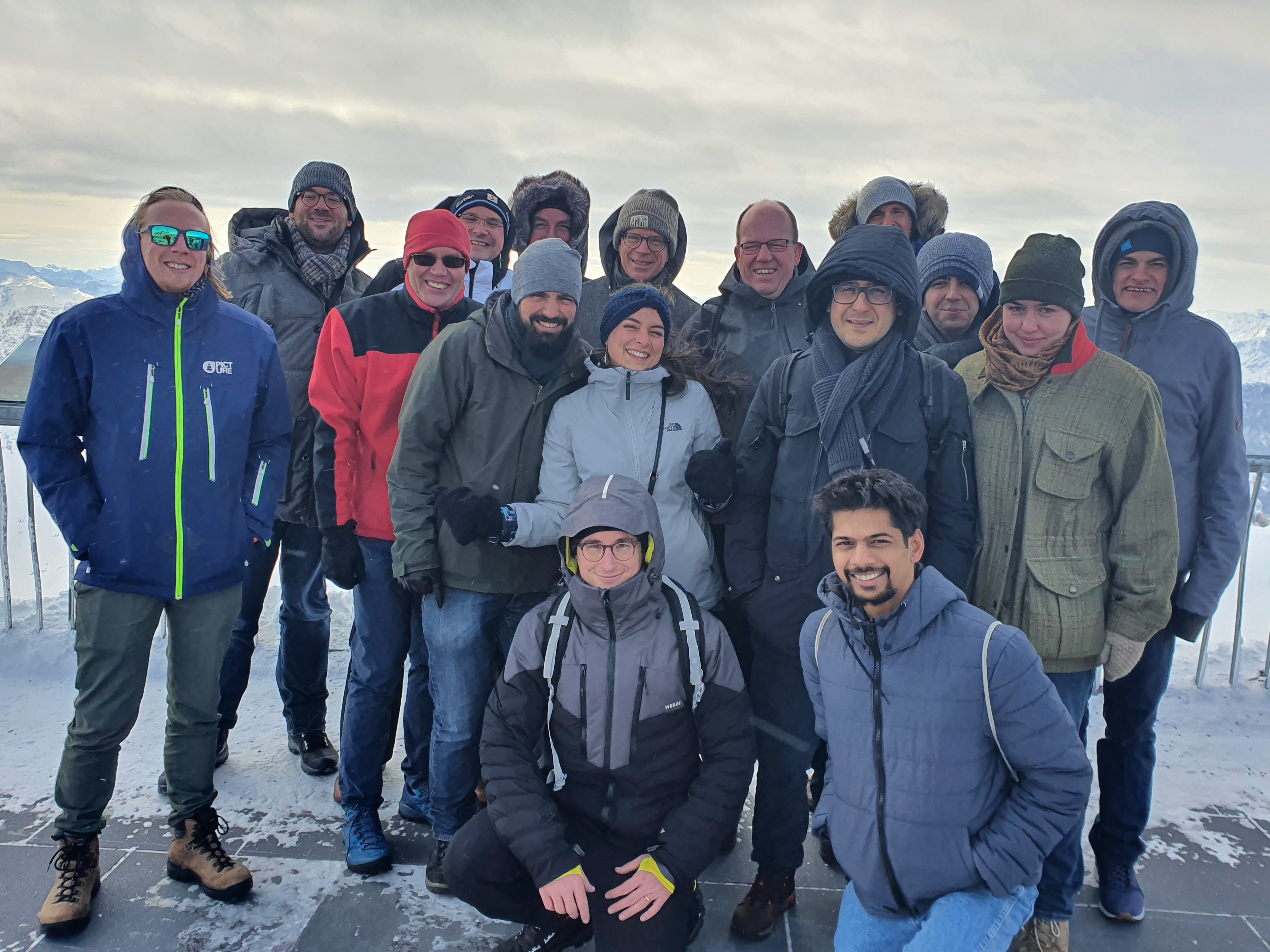
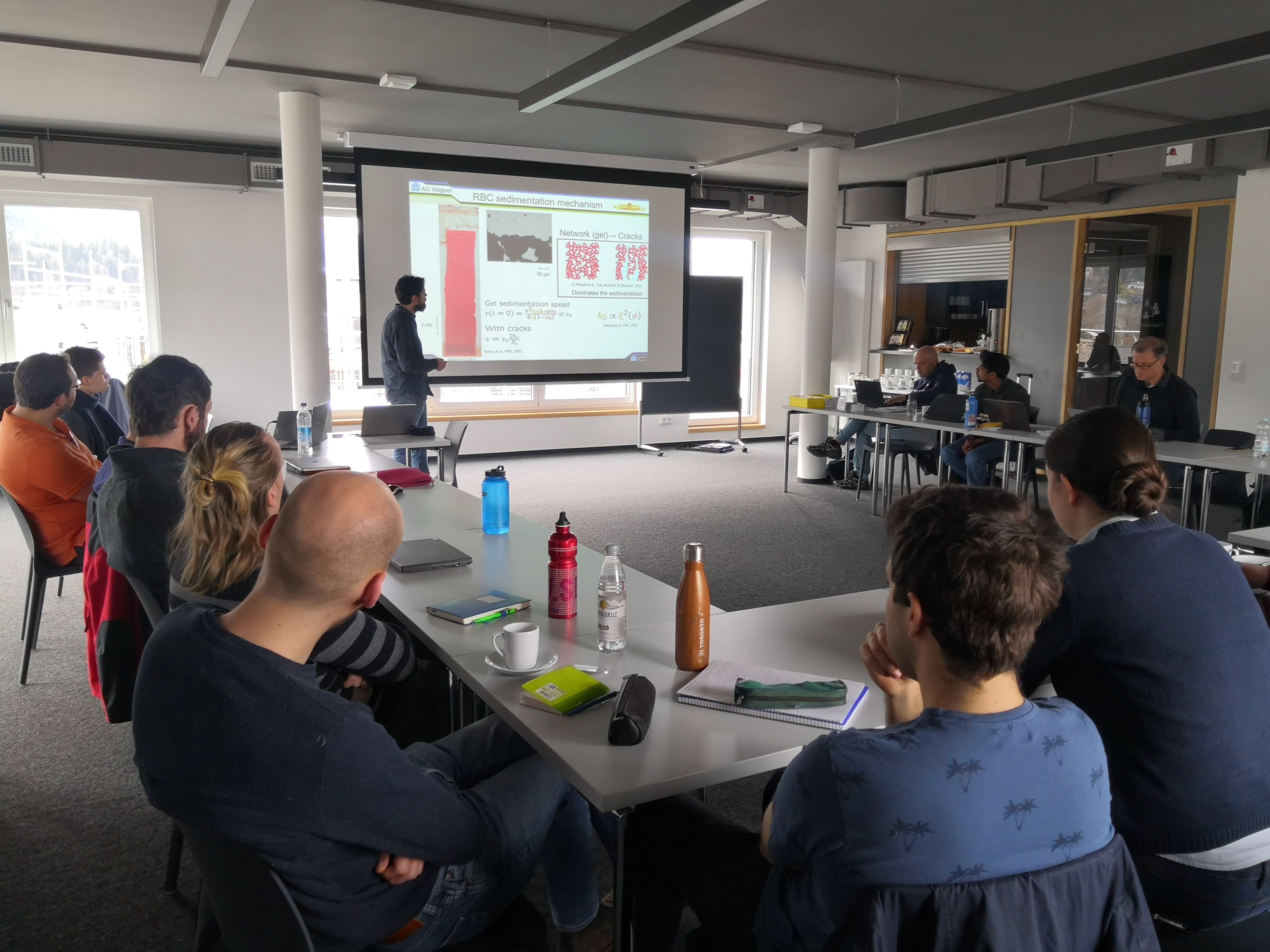
 .
.